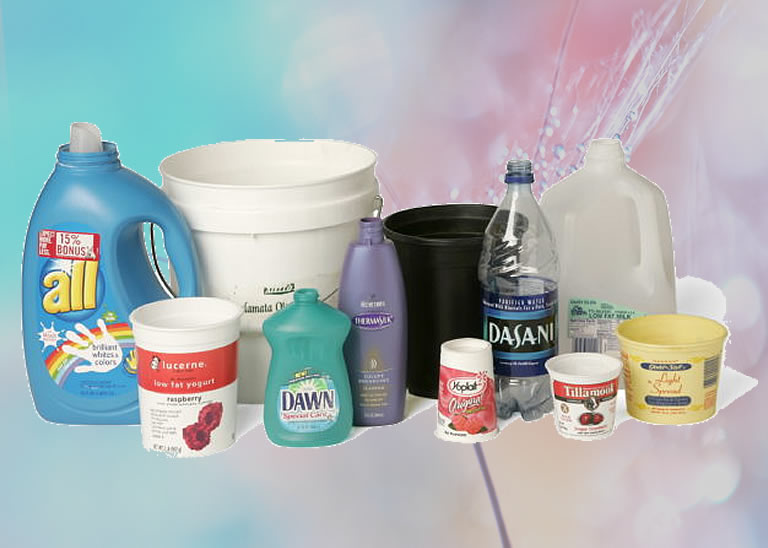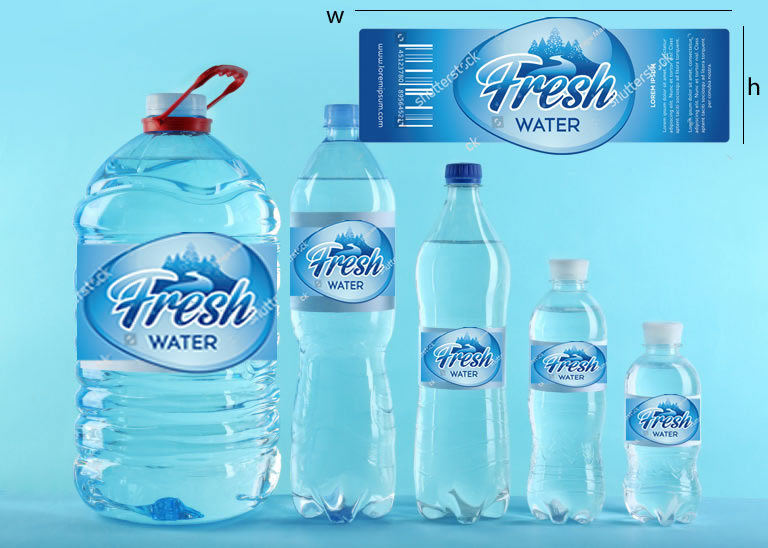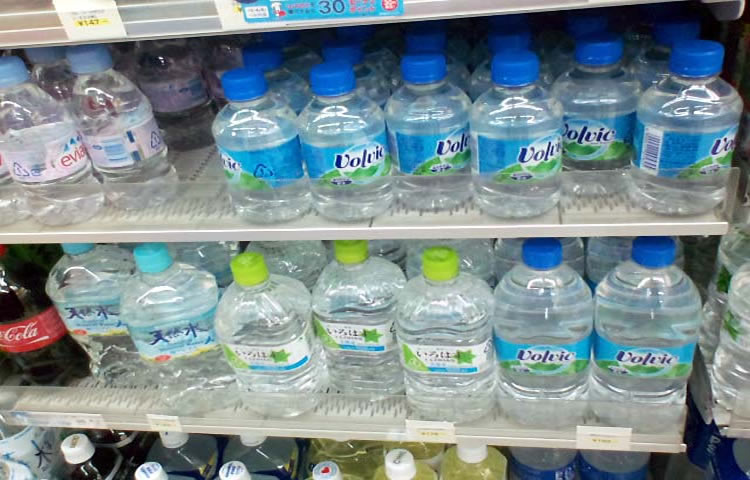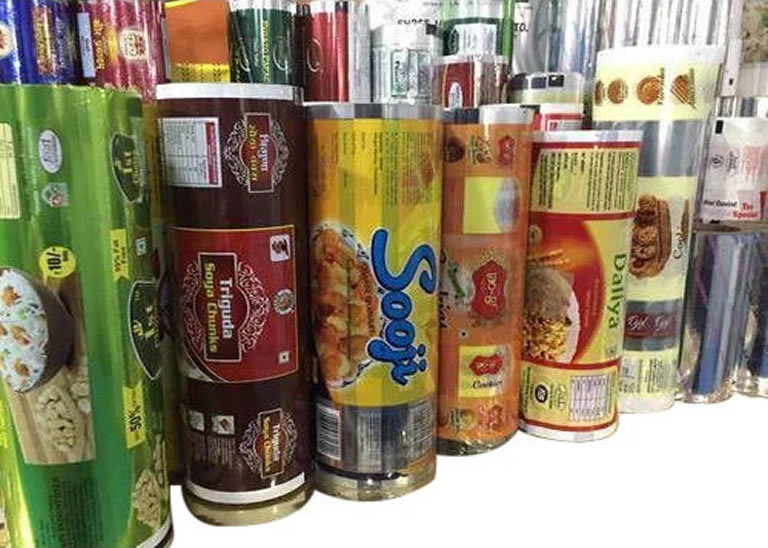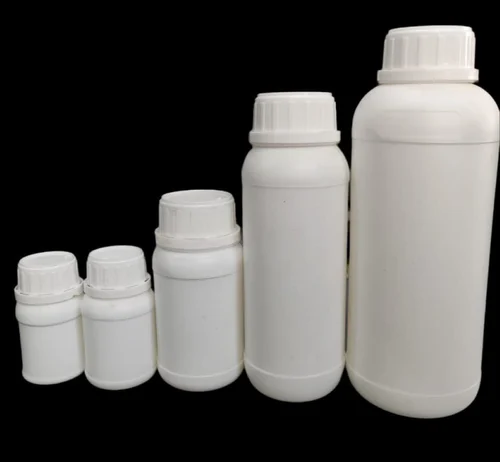
The Impact of Container Quality on Pharmaceutical Products in Nigeria
Nigeria’s pharmaceutical industry is growing rapidly, driven by increasing demand for healthcare products and a rising population. One critical aspect of pharmaceutical product development is packaging, which plays a vital role in ensuring the safety, efficacy, and quality of products. In this blog, we’ll explore the impact of container quality on pharmaceutical products in Nigeria, with a focus on Pharmaceutical container packaging for tablets and capsules Nigeria.
The Importance of Container Quality
1. Product Safety: Containers protect pharmaceutical products from contamination, damage, and tampering, ensuring product safety and efficacy.
2. Regulatory Compliance: Containers must comply with regulatory requirements, such as GMP and FDA guidelines, to ensure product quality and safety.
3. Product Stability: Containers can affect product stability, with factors like light, moisture, and temperature impacting product potency and shelf life.
The Impact of Poor Container Quality
1. Product Degradation: Poor-quality containers can lead to product degradation, reducing efficacy and potentially harming patients.
2. Contamination: Containers that are not clean or sterile can contaminate products, posing serious health risks.
3. Regulatory Issues: Non-compliant containers can result in regulatory issues, including product recalls and facility shutdowns.
Pharmaceutical Container Packaging for Tablets and Capsules Nigeria
1. Blister Packs: Blister packs are a popular choice for packaging tablets and capsules, providing a convenient and tamper-evident packaging solution.
2. Bottles: Bottles are another common packaging option, offering protection from moisture and light.
3. Strip Packs: Strip packs provide individual packaging for each tablet or capsule, reducing waste and improving patient compliance.
Benefits of High-Quality Containers
1. Improved Product Safety: High-quality containers ensure product safety and efficacy, protecting patients and reducing liability.
2. Regulatory Compliance: Compliant containers reduce the risk of regulatory issues, ensuring smooth product registration and approval.
3. Increased Patient Trust: High-quality containers demonstrate a commitment to product quality, increasing patient trust and loyalty.
Conclusion
The quality of containers used in pharmaceutical packaging has a significant impact on product safety, efficacy, and quality. In Nigeria, Pharmaceutical container packaging for tablets and capsules Nigeria requires careful consideration of container quality, regulatory compliance, and product stability. By prioritizing high-quality containers, pharmaceutical companies can ensure product safety, regulatory compliance, and patient trust.
Final Tips
1. Choose the right container: Select containers that meet regulatory requirements and product needs.
2. Ensure container quality: Prioritize container quality, cleanliness, and sterility to ensure product safety.
3. Comply with regulations: Ensure containers comply with regulatory requirements, including GMP and FDA guidelines.
By following these tips and prioritizing container quality, Nigerian pharmaceutical companies can ensure the safety, efficacy, and quality of their products, building trust with patients and regulatory authorities.



